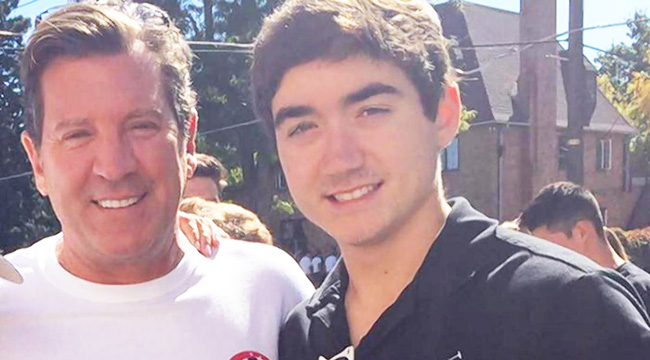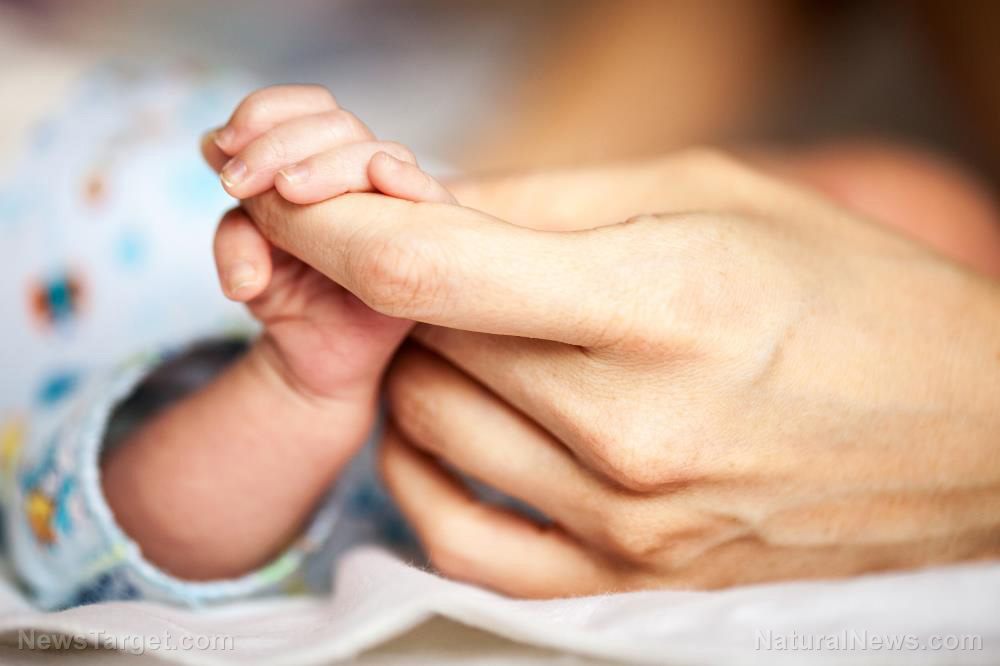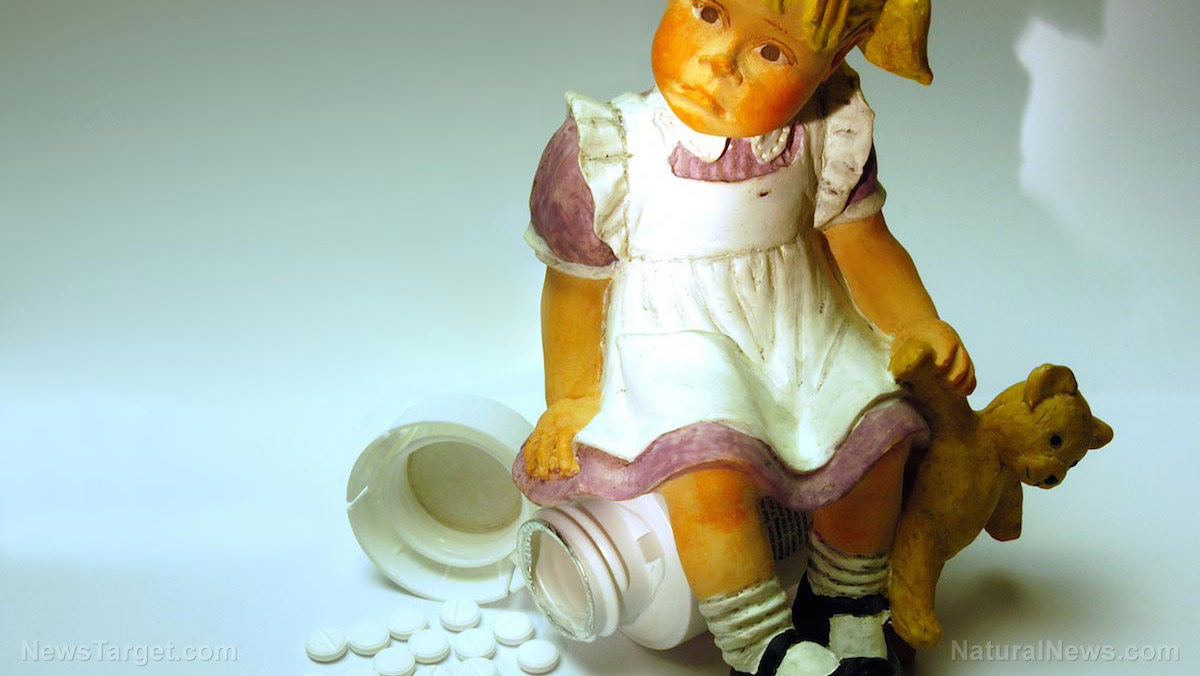Cause of death for Eric Bolling’s son revealed: OPIOID overdose caused tragic fatality
11/02/2017 / By Tracey Watson

Is there any human experience more devastating than the loss of a child? The American Association for Marriage and Family Therapy describes it this way:
The loss of a child is the most devastating experience a parent can face-and missing the child never goes away. A piece of yourself is lost and your future is forever changed. The age of the child at the time of death does not lessen the hurt or devastation. It feels completely unnatural for a child to die before his or her parents.
Sadly, on Friday, September 8, 2017, Eric Bolling, a well-known former Fox News commentator, received the devastating news that his son, Eric Chase Bolling, had died just days after starting his second year at the University of Colorado in Boulder.
The cause of Eric Chase’s death was not initially known, but The Daily Caller reported on the 26th of October that Bolling had revealed it in a heartbreaking Facebook post earlier that day:
Just received some tragic news from the Coroner in Colorado. Eric Chase’s passing has been ruled an accidental overdose that included opioids. Adrienne and I thank you for your continued prayers and support. We must fight against this national epidemic, too many innocent victims.
Compounding the devastating effect of this tragic news even more, Bolling had learned just hours before that he would be losing his high-profile job at Fox, and would no longer host the show Cashin’ In on Saturdays. Bolling was initially suspended in early August “pending the results of an investigation” into allegations by co-workers that he had sent lewd photos to them.
Bolling’s attorney, Michael Bowe, said at the time, “The anonymous, uncorroborated claims are untrue and terribly unfair. We intend to fully cooperate with the investigation so that it can be concluded and Eric can return to work as quickly as possible.”
The well-known host vowed to fight the allegations, and even threatened legal action against the Huffington Post reporter that initially broke the story.
The results of the investigation were not made public, but Fox announced just hours before Bolling was informed of his son’s death that he would be leaving the station, insisting that they were parting “amicably.”
Bolling became a regular face at Fox after joining the Fox Business Network in 2007. He later moved over to Fox News, where he became one of the station’s most beloved conservative hosts.
Ironically, the devastating news of Eric Chase Bolling’s death came on the very same day that President Trump – who has made tackling the opioid epidemic one of his main priorities – revealed in a speech that the opioid crisis has been declared a national public health emergency. (Revealed: The United States has crossed the pandemic threshold in the opioid epidemic … and Big Pharma keeps cashing in.)
“Beyond the shocking death toll, the terrible measure of the opioid crisis includes the families ripped apart, and for many communities, a generation of lost potential and opportunity,” President Trump noted in his speech.
How sad but true those words are. The NIH’s National Institute on Drug Abuse notes that over two million people were addicted to prescription opioids in 2012, and that the consequences of this addiction are both devastating and escalating. Not only do many opioid addicts eventually transition to heroin addiction, since it is cheaper and readily available on the streets, but the number of unintentional opioid overdose deaths has more than quadrupled since 1999. (Related: Learn more about what is being done to combat this epidemic at Medicine.news)
How devastating it must be for the Bolling family to know that not only have they lost their beloved son, but that he has now become part of one of the most distressing statistics in our country. Our hearts go out to the Bolling family and all the other families who have lost loved ones to this devastating crisis.
(Photo credit: UPROXX)
Sources include:
Tagged Under: Eric Bolling, Eric Chase Bolling, national healthcare emergency, opioid addiction, opioid crisis, President Trump, priority, unintentional drug overdose




















